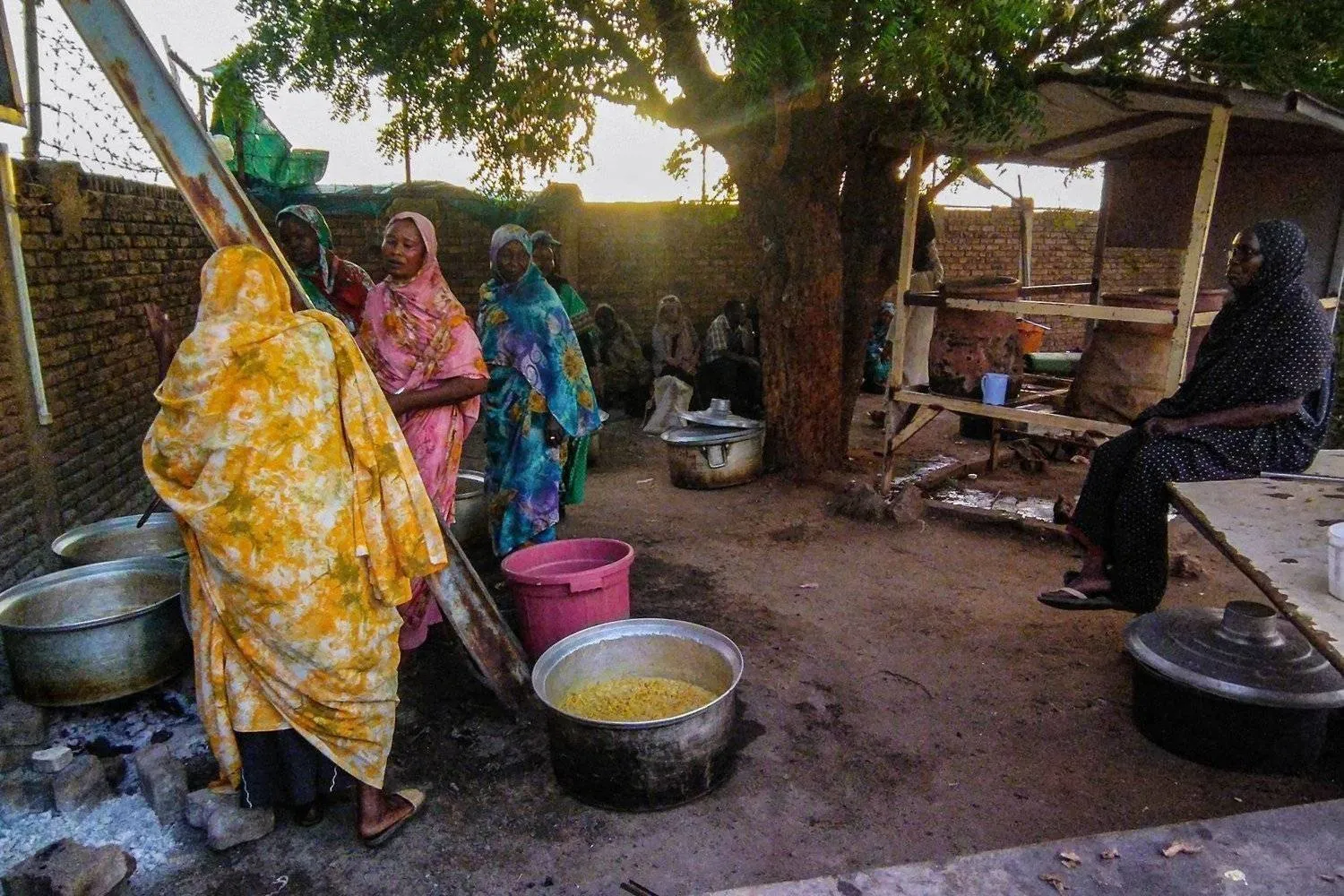More than seven million people have been displaced by fighting in Sudan, the United Nations said on Thursday as more displaced people continued to flee a former safe haven.
"According to the International Organization for Migration, up to 300,000 people have fled Wad Madani in Al-Jazira state in a new wave of large-scale displacement," UN secretary-general's spokesman Stephane Dujarric said, AFP reported.
Another 1.5 million people have fled to neighboring countries, he added.
"These latest movements will push Sudan's displacement population to 7.1 million people, the world's largest displacement crisis," Dujarric said.
More than half a million people had found shelter in Al-Jazirah, Sudan's pre-war breadbasket, before the fighting engulfed the state capital.
The International Committee of the Red Cross, which pulled out its staff last week as fighting reached the city, appealed for "lifesaving access to all areas affected by fighting as humanitarian needs soar".
"Our colleagues in Sudan have heard bone-chilling stories of the harrowing journeys women and children were forced to make just to reach the safety of Madani city," said the head of UNICEF, the UN children's agency, Catherine Russell.
"Now, even that fragile sense of security is shattered as those same children have once again been forced from their homes. No child should have to experience the horrors of war. Children, and the civilian infrastructure they rely on, must be protected."









